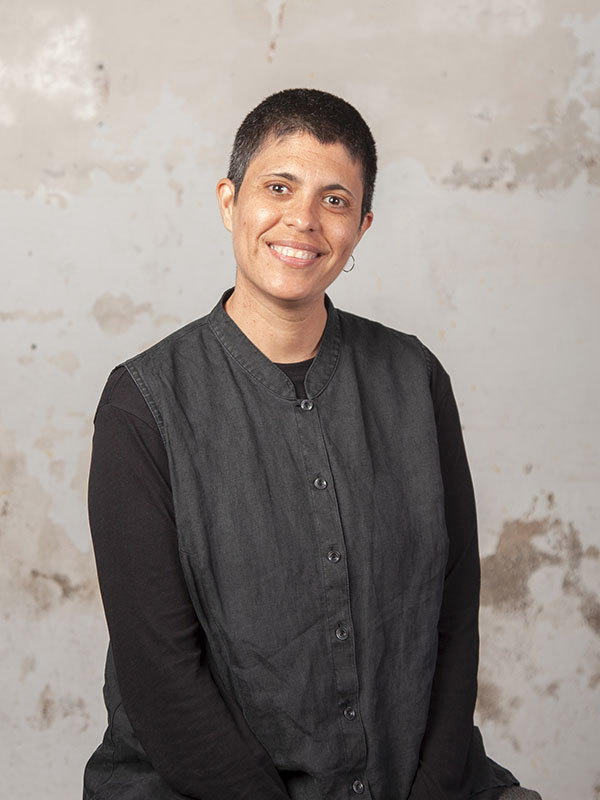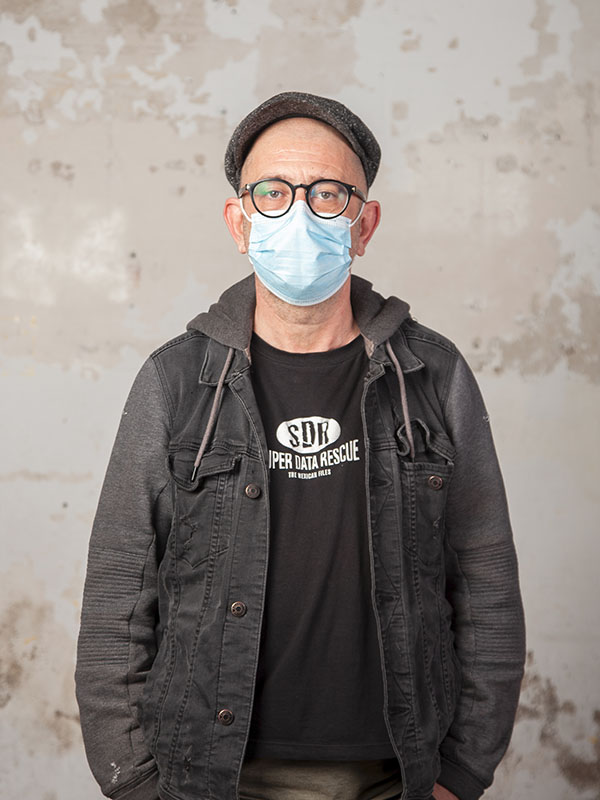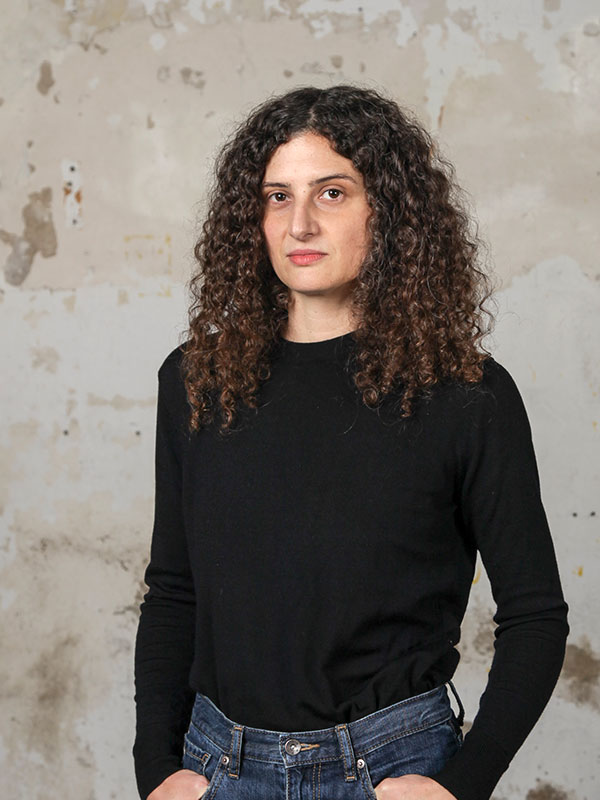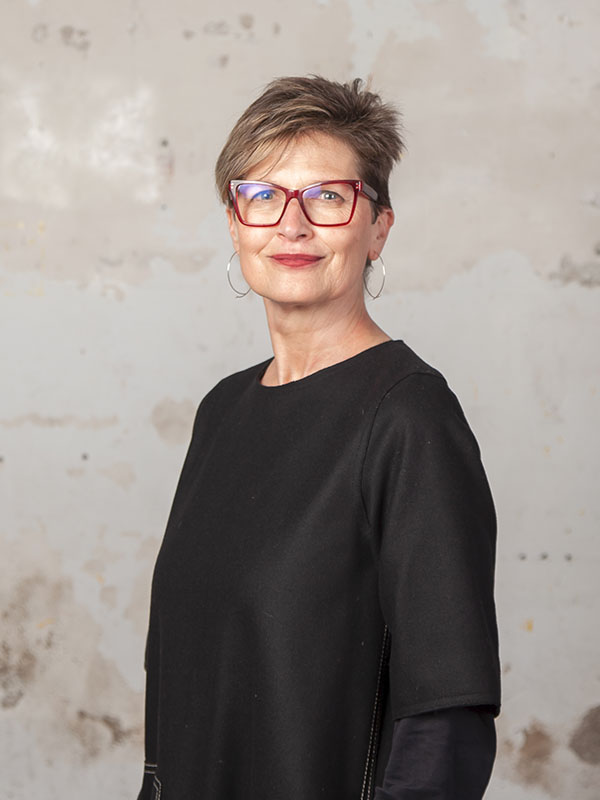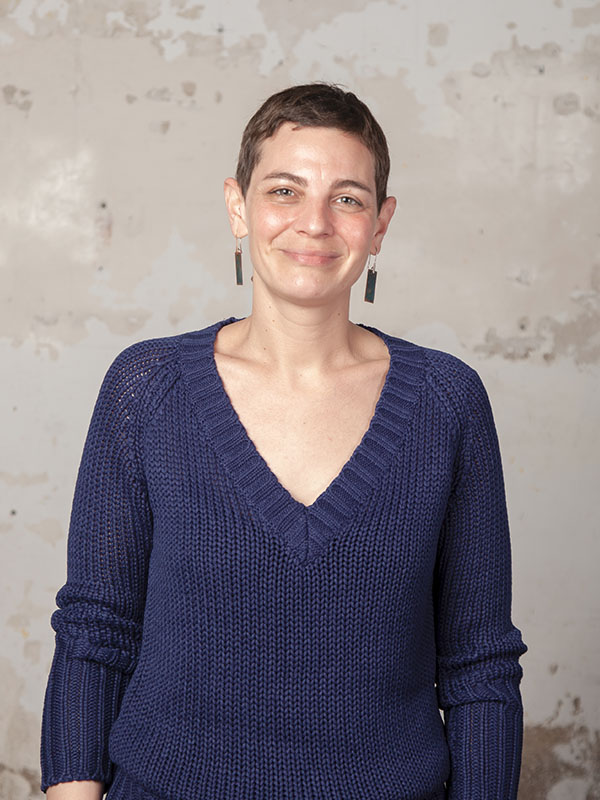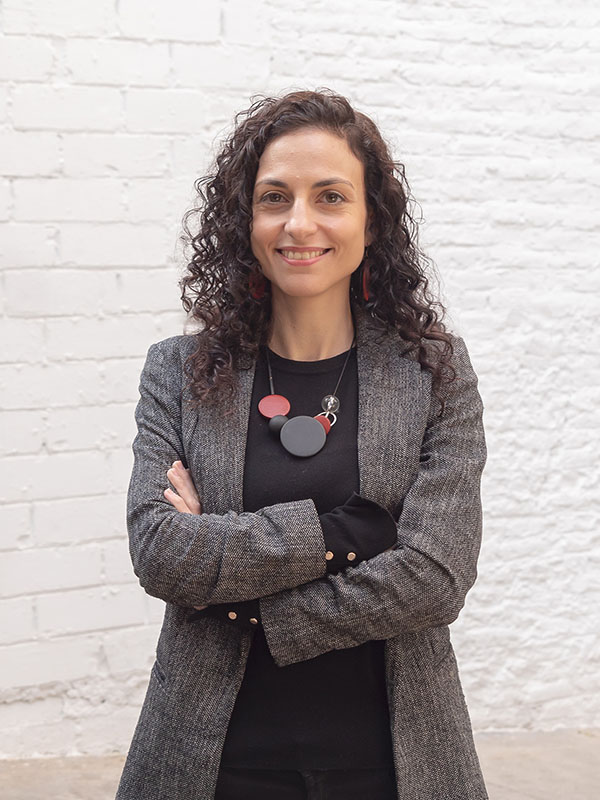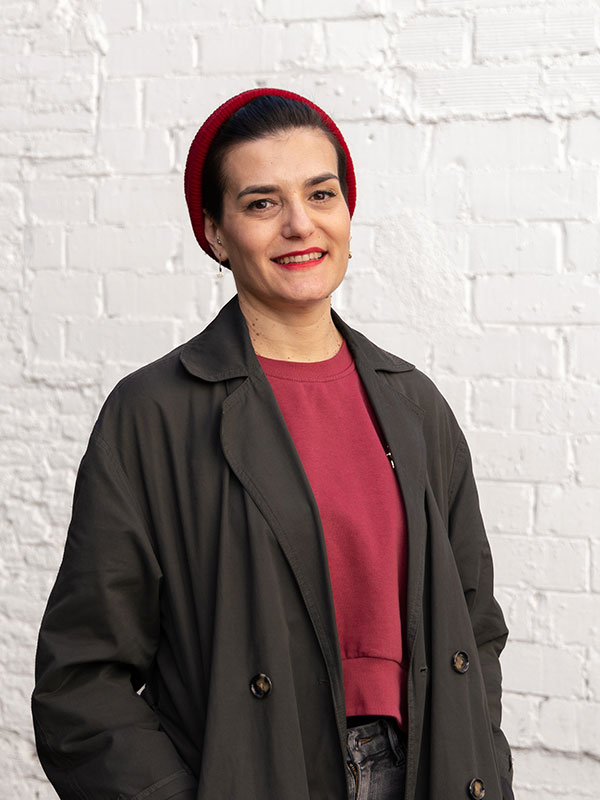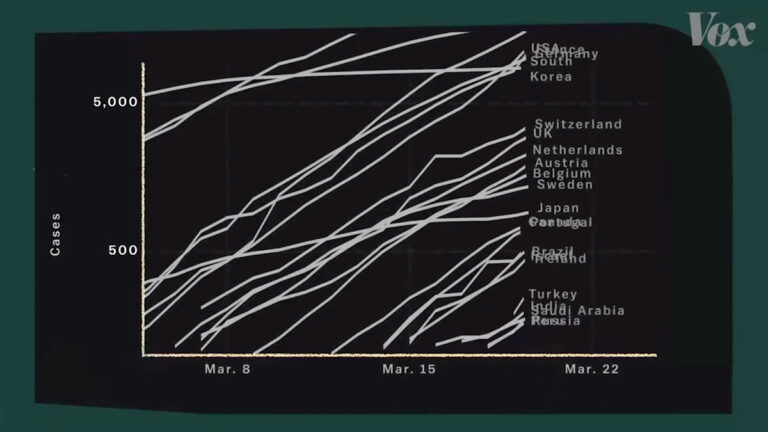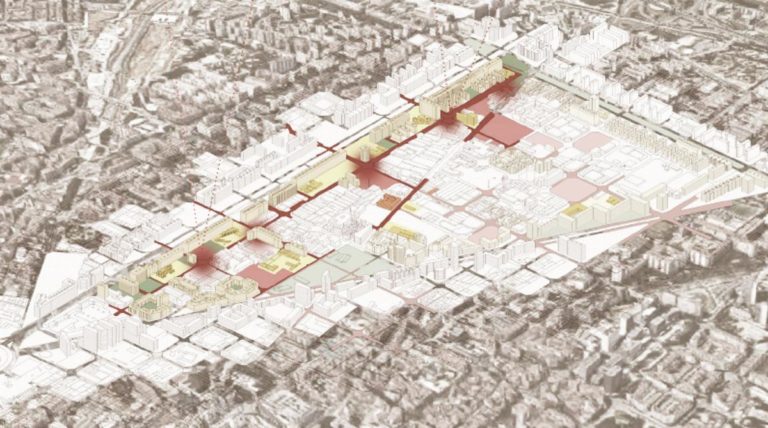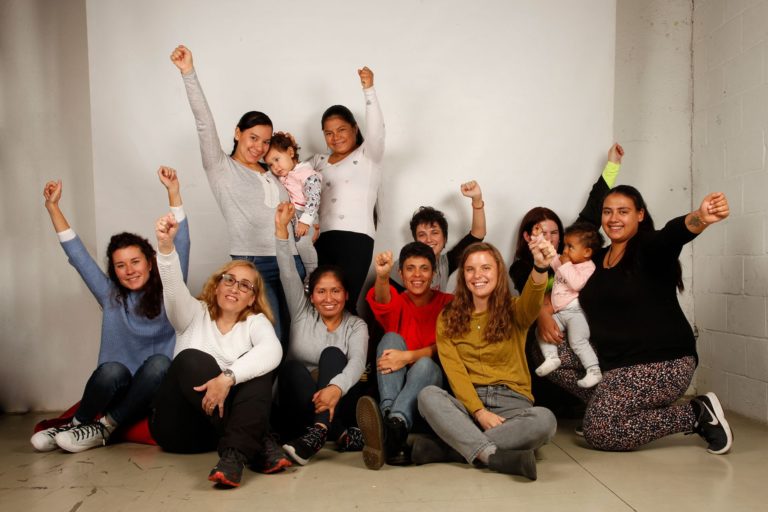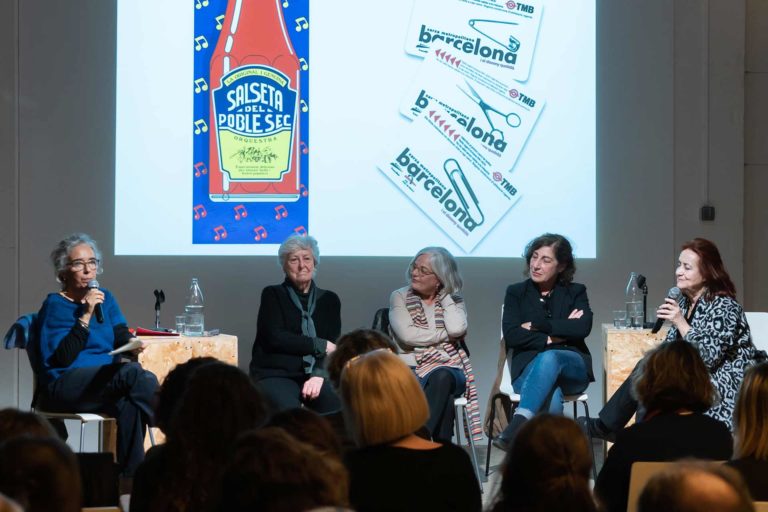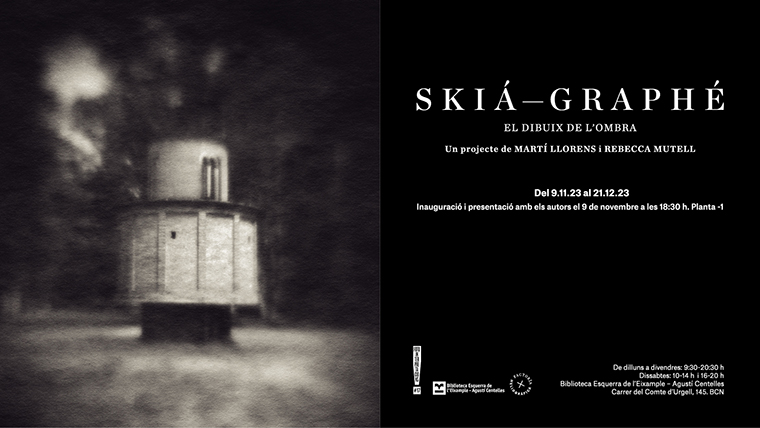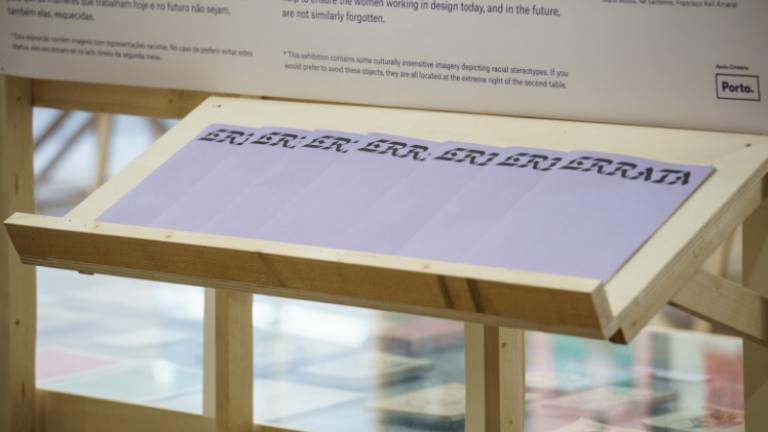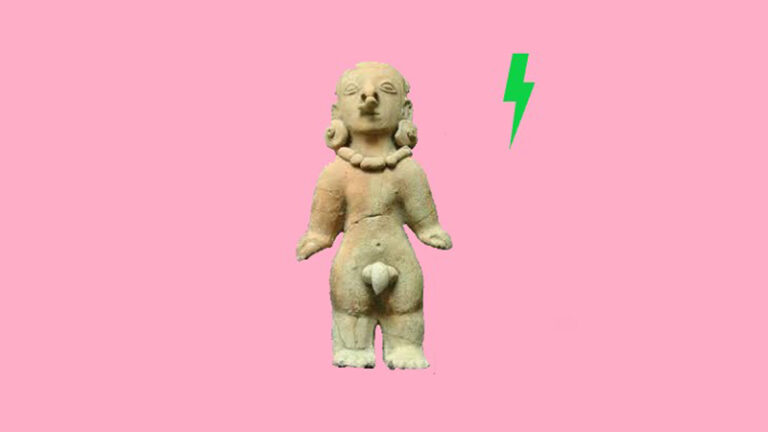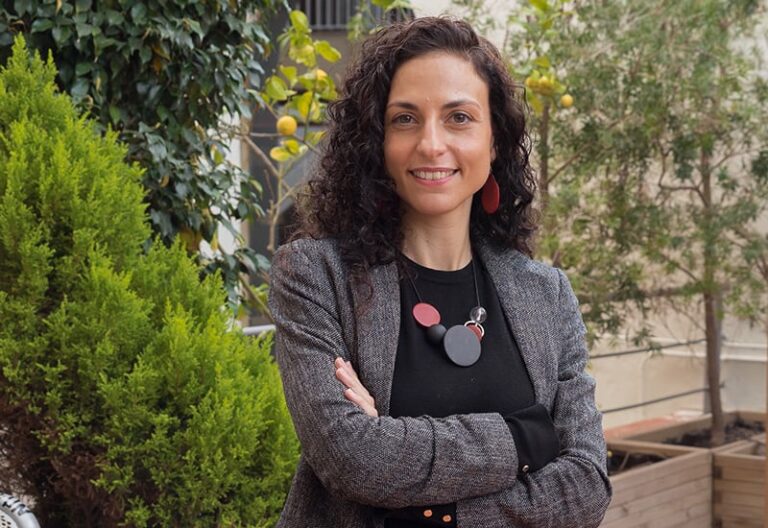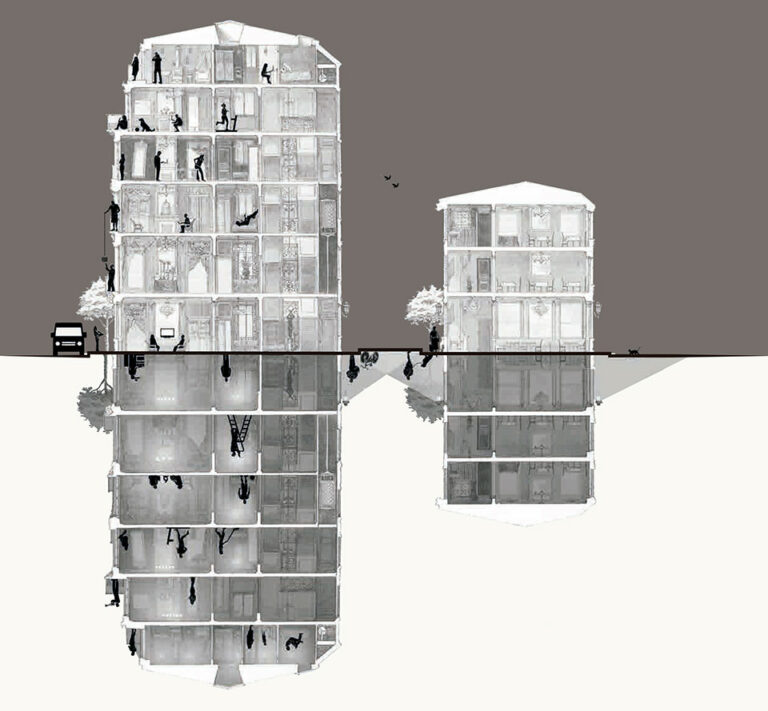GREDITS
Research group focused on exploring the potential of art and design as tools for social transformation.
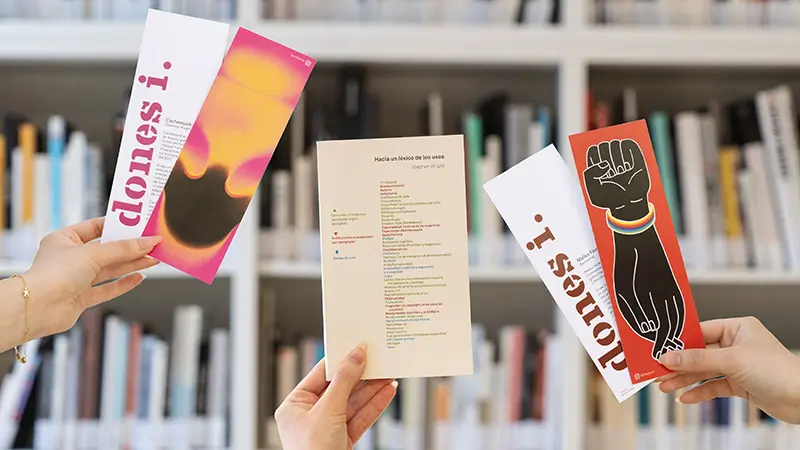
Presentation
Made up by an interdisciplinary group of BAU teachers and researchers, GREDITS aims to create a collective research platform to analyse how social and technical changes affect the form, concept and function of art and design, and how contemporary designers and creators contribute to outline them, but also to put them into perspective.
The group was created in 2010, driven by the shared concern and interest of BAU’s teaching and research team, and was recognised as an Emerging Research Group by the Generalitat de Catalunya in the 2014 call for support for research groups (SGR, 2014-2016). In the subsequent call (SGR 2017-2019) it was accredited as a Consolidated Research Group (SGR-514) and has been confirmed as such in the latest call (SGR-Cat 2021).
Over the years, the group’s research has been transferred through multiple formats (publications, congresses, exhibitions, R&D&I projects, and contracts, etc.) and spaces. Always willing to enter into permanent dialogue with other prestigious national and international academic and creative communities, GREDITS is committed to the articulation of projects and the transfer of results.

Members of GREDITS.
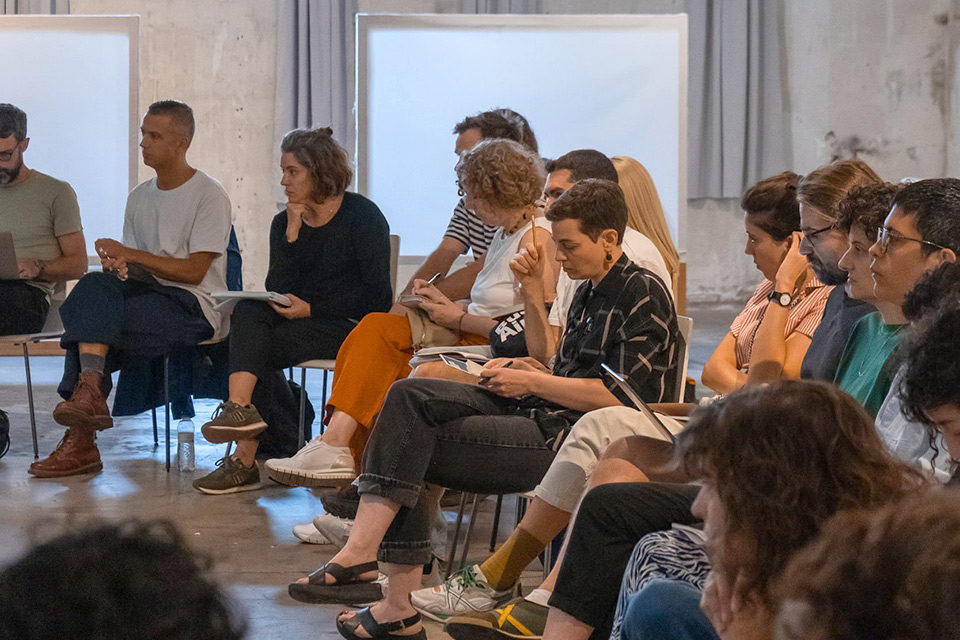
Design Research Seminar.
Social transformation arises from the desire to combat forms of injustice, privilege and inequality.
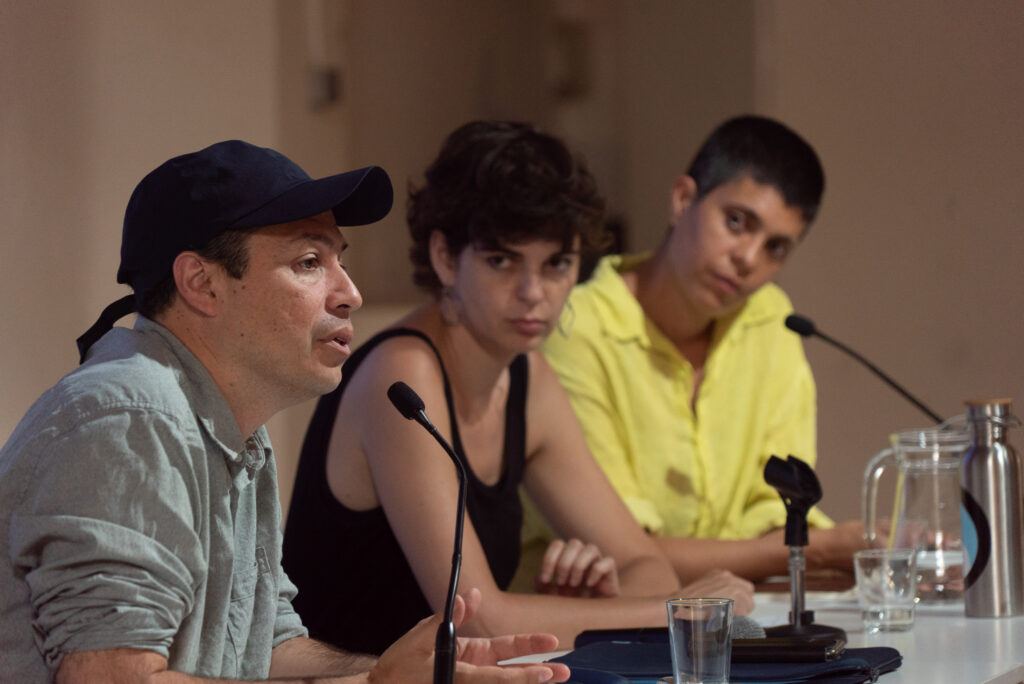
Team
The team is made up of researchers who look at design from different perspectives and disciplines, sharing knowledge, methods and a vision of design as a tool capable of transforming and repairing the present.
Thematic areas
Art and design policies
Within the framework of a vision of art and design as tools for social transformation, GREDITS understands the importance of researching and making visible the politics and agencies of design objects.
A politics that is material and performative, which forces the establishment or modification of bodies and behaviour, which determines forms of behaviour and relationships, and that can favour some interests over others.
In this vision, reality is determined as a constant negotiation between subjects and materialities, in a relational chain between human and non-human, between society and technology.
From the awareness that technologies and artefacts have the capacity to shape social, political, and economic relations, GREDITS researches by analysing technological processes and the links between that which is material and what is social.
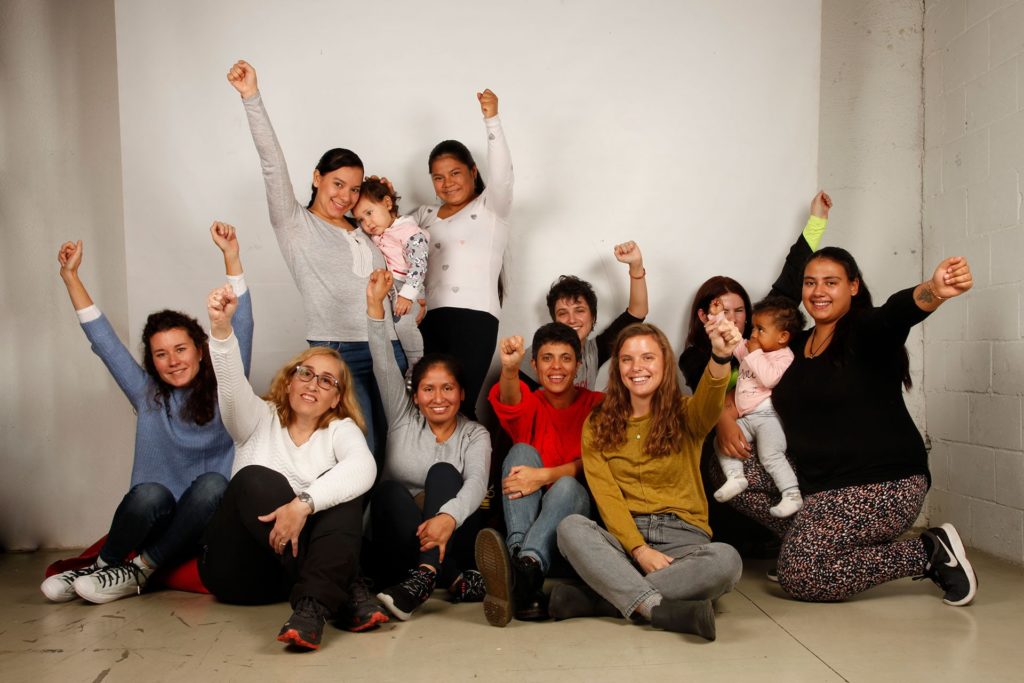
Mamalyona’s project.
Posthuman perspective on art and design
GREDITS positions itself in an epistemological paradigm based on overcoming the symmetrical gaze and the binarisms that define modern thinking, questioning the dichotomies of nature-culture, feminine-masculine, animal-human, normative-dissident, among others.
The approach to research from a posthuman perspective allows us to observe and analyse reality from a non-centred gaze, rethinking the relationships of mutual care and interdependence between human and non-human entities, challenging the dominant and inalienable position of human beings and their established relationships with their surroundings, to suggest new ways of knowing and making sense of the world through the methods of art and design.
It emphasises the importance of recognising the specific locations and relationships from which knowledge is constructed, advocating an appreciation of multiple perspectives in researching and reading reality.
From this perspective, GREDITS engages in research projects based on art and design practices, in dialogue with other disciplines and in relation to local and international contexts.
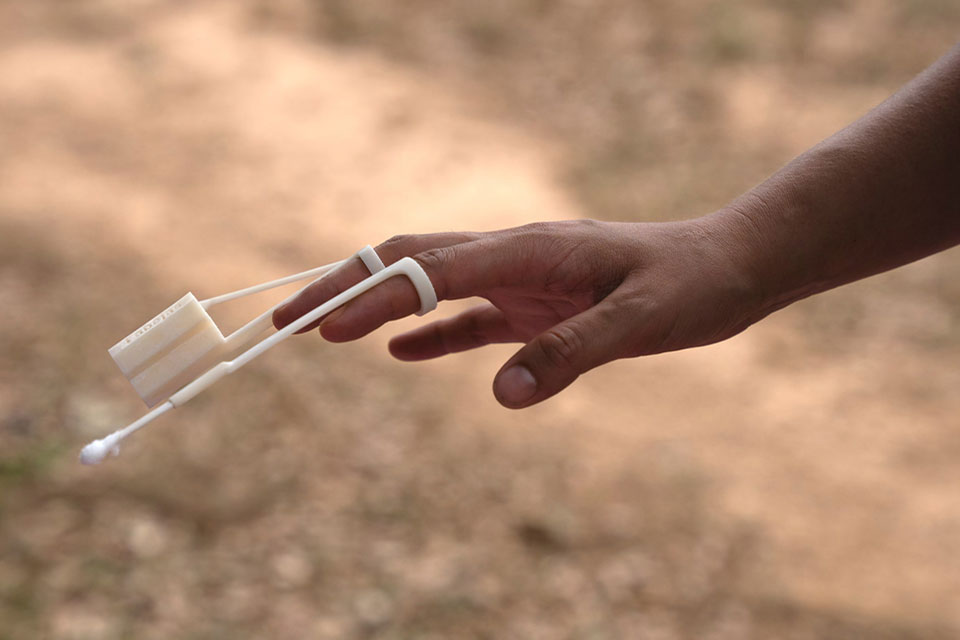
Desplegando el mantel. Encarnando un cuidado interespecie. Majo Escobar.
New dialogues between art and science
GREDITS questions the dichotomy between art and science, from the premise that all scientific knowledge is situated knowledge and proposes to rethink the relationship between these two fields of practice and knowledge by following possible intertwining paths, towards a broader and more multiple vision of knowledge.
Historically, the fields of the natural sciences and the arts have been articulated around similar concerns, but have approached these issues from different methods, experiments, and premises. The heterogeneity of results speaks to us of epistemic richness and how links could be established to produce constellations of complementary knowledge.
From a holistic and interdisciplinary stance, research at GREDITS is directed towards possible dialogues between art and science in terms of methodology, language, ways of knowing and creating/producing knowledge, generating spaces for dialogue and negotiation in order to reach a more complex view of the problems and challenges of our times and to explore new forms of knowledge and expression.
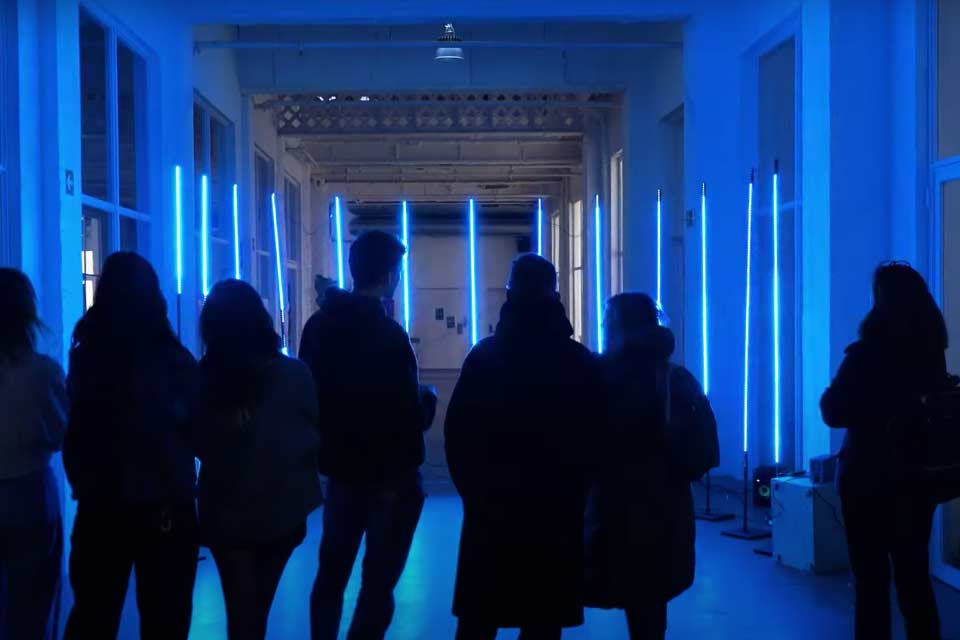
Interactive audiovisual installation.
New pedagogies and methodologies in art and design
GREDITS explores the incidence of new contexts, methods, and tools in the learning/teaching processes of art and design, and the connections and hybridisations with other fields and knowledge, in order to face scenarios of constant transformation.
GREDITS’ research work seeks to analyse and propose new, creative, and rigorous research methods, tools, and strategies. We are interested in producing knowledge that is at the service of social transformation and the improvement of pedagogical processes.
Fundamental is the transdisciplinary understanding of research that brings disciplines, methods, cosmologies, and epistemologies into dialogue in a horizontal and non-hierarchical manner, with the aim of designing an emergent knowledge, capable of affecting and being affected by different disciplines.
Contemporary problems can no longer be approached from disconnected disciplinary domains; instead, they need hybrid methodologies capable of addressing complex issues that are no longer answered by disciplinary paradigms whose practices have lost their imagination and thus their capacity to respond.
In this sense, GREDITS considers it necessary to explore complex transdisciplinary and transformative methodologies with the potential to formulate new questions, to articulate situated research and to affirm the most desirable presents, from an inclusive and ecological perspective.
Toward a Lexicon of Usership. Author: Stephen Wright. Editor: Mafe Moscoso.
Projects
BAU promotes research with the aim of accompanying and encouraging the curiosity of people who believe that design can contribute to transforming the world. The centre conceives research as a space for creative exploration at the intersection between art, science and design. A way to face the challenges of contemporary society through hybrid, critical and imaginative methodologies.
Connections
Master's Degree in Design Research
The programme conceives research as a creative and transformative practice, based on material, technological and epistemological experimentation and on the idea of reflection in action. In the same way, the Master’s Degree in Design Research brings design into contact with other disciplines such as art, anthropology, ethnography, and philosophy, in a non-hierarchical multidisciplinary vision.
With a cross-sectional and integral vision of design, the programme aims to train designers capable of interweaving the experiential dimension with the social and material dimension.
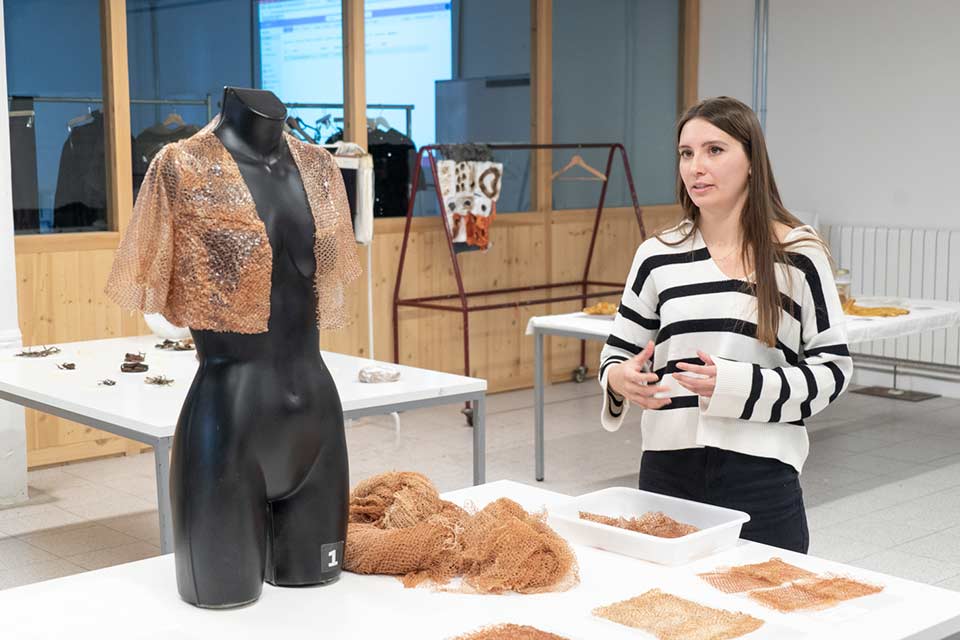
Class work for the Master’s Degree in Design Research.
PhD Programme in Design and Communication
The programme, ground-breaking in the Spanish university system, provides for the development of doctoral theses based on practice-based research projects, which combine reflection and trends in contemporary thought with critical practice. Research projects can be registered and developed in GREDITS.
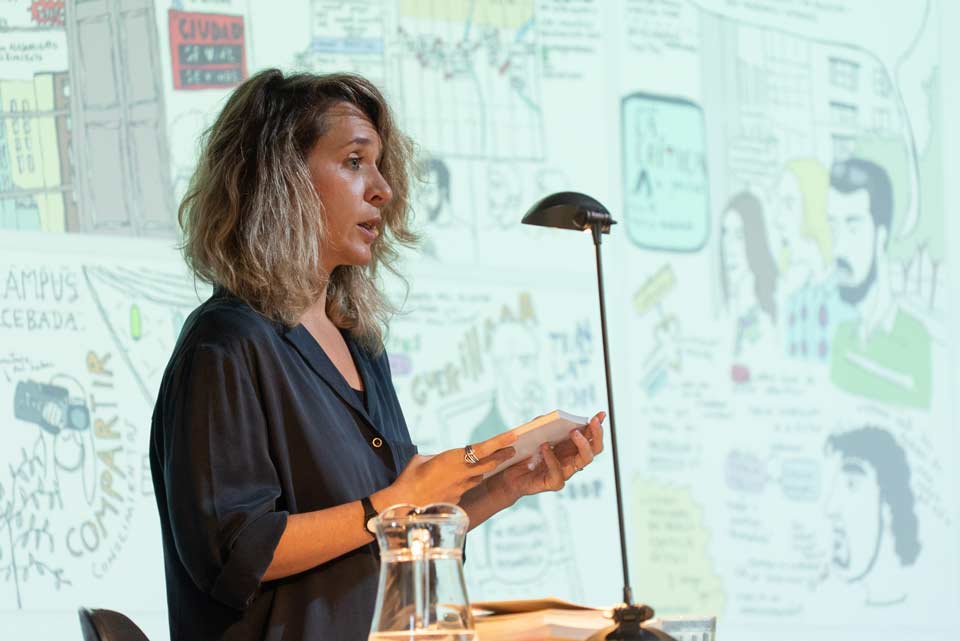
Thesis defense “Dibujo en contexto: Otros laboratorios, pequeñas cocinas y un rebaño. Una aproximación al dibujo etnográfico desde el arte, lo político y lo colectivo” . Carla Boserman PhD .


